
Japanese longevity secrets have fascinated the world for decades. From Okinawa’s centenarians to Tokyo’s mindful lifestyle, Japan shows us that living long isn’t about luck—it’s about daily habits. Imagine waking up with purpose, enjoying balanced meals, and walking through life with community support. These simple practices can add years to your life.
“If you want to live long, seek people who live longest.”
In this world, a country that knows the secret of long living is Japan. From the beautiful island of Okinawa to cities like Tokyo, Japanese people are among the healthiest and longest living. According to an organization, the average age of females is about 87 or older, and males are about 81.
But what is the mystery? Is it due to eating? Due to cultural differences? Or is it about their way of dealing with health and balance?
The answer lies within a combination of daily life routines – small practices that can shape a healthy lifestyle. The best part is you don’t have to be Japanese to get a benefit from them.
Table of Contents
- Introduction: Why Japan Leads in Longevity
- Eat for Health, Not Just for Fullness
- The Okinawan Diet: Food for Long Life
- Hara Hachi Bu: The 80% Full Rule
- Seaweed, Fish, and Fermented Foods
- Daily Movement Over Intense Workouts
- Walking as a Natural Lifestyle
- Traditional Practices: Radio Taiso and Tai Chi
- Why “Little Movements” Matter
- Strong Social Connections and Community
- Family Bonds and Respect for Elders
- Moai: Lifelong Support Networks
- Festivals, Tea Ceremonies, and Social Rituals
- Mindset Matters: Finding Your Ikigai
- What is Ikigai?
- Real-Life Examples from Okinawa
- How to Discover Your Own Ikigai
- Simple Rituals for Stress Reduction
- Green Tea and Mindful Drinking
- Forest Bathing (Shinrin-yoku)
- The Art of Minimalism and Zen Living
- Harmony with Nature and Seasons
- Seasonal Eating
- Respect for Natural Rhythms
- Case Studies of Longevity in Japan
- Okinawan Centenarians
- Japan’s Blue Zones Connection
- Practical Habits You Can Start Today
- Conclusion: A Lifestyle Worth Copying
Introduction: Why Japan Leads in Longevity

The reputation of Japan for long life is not new. Researchers and doctors he been studying for years on the Japanese secret of healthy and long life.
They have less fast food intake and a sedentary lifestyle. Their daily routines promote mindful eating, a social and meaningful life.https://heathyhabit.online/
The Okinawan Diet: Food for Long Life
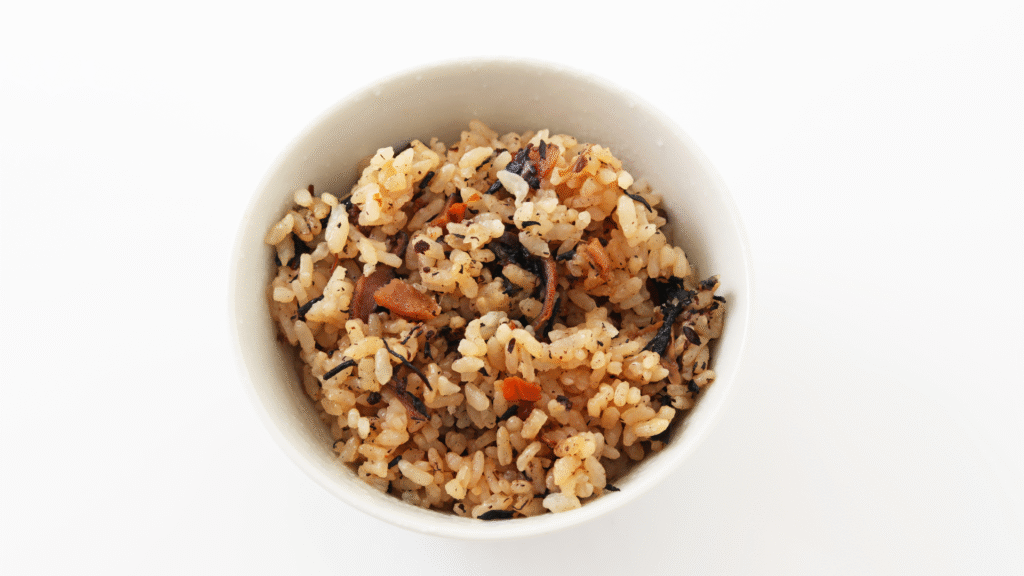
Okinawa is known as the “Land of Immortals” because people live for centuries there (100 years plus).
- Eat for Health, Not Just for Fullness
The food they eat
- Soy products such as tofu or miso
- Purple sweet potato is rich in antioxidants
- Seaweed such as wakame, kombu
- Use of herbs and spices, not hot sauces
- Fresh fish
This diet is good for both the brain and heart.
Hara Hachi Bu: The 80% Full Rule
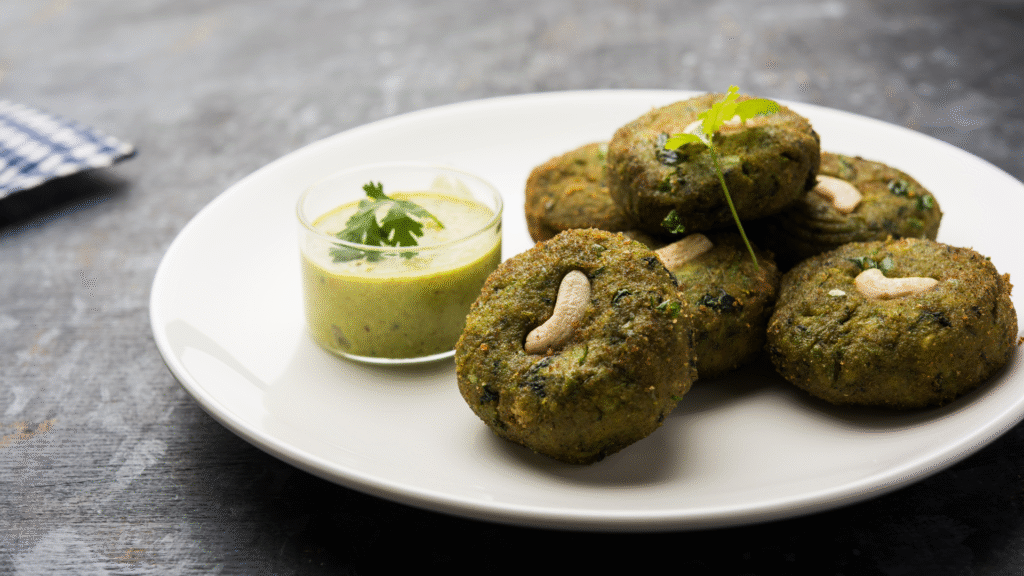
Japanese people follow a rule, “80% full belly”. They don’t overeat, which helps in weight loss and improves digestion.
Seaweed, Fish, and Fermented Foods

Miso, natto, and pickled vegetables improve gut health. Fish is rich in omega-3 fatty acids, and seaweed is rich in minerals and iodine.
- Daily Movement Over Intense Workouts
Walking is part of a lifestyle

In Japan, people think walking daily is a part of their life. Due to public transport and footpaths, they can walk naturally for kilometers.
Traditional Practices: Radio Taiso and Tai Chi
Morning exercise (Radio Taiso) on TV and Radio
Impact of small movements
Add small movements in your life instead of heavy workouts, such as using stairs, gardening, and cycling, which can keep you healthy for a long period.
- Strong Social Connections and Community
Respect for elders and family

In Japan multi multi-generational households are common because elders hold a respected position, and they celebrate aging. A feeling of depression and loneliness may be reduced by a strong sense of belonging.
Moai: Lifelong Support Networks
People who belong to Moai in Okinawa, consist of a small group that lasts a lifetime. They provide financial support to each other, share meals, and meet regularly. It creates safety and resilience against stress and hardships.
Festivals, Tea Ceremonies, and Social Rituals
People connect face-to-face by hosting community festivals or tea ceremonies. It helps in creating a sense of harmony, and strengthens relationships.
- Mindset Matters: Finding Your Ikigai
What is Ikigai?
Ikigai means” a reason for being” . It means having a purpose creates happiness and longevity that can create a meaningful life. Ikigai could be as simple as cooking food for family, gardening, or teaching grandchildren. It should not have to relate to success.
Real-Life Examples from Okinawa

Researchers studied Okinawans about their ikigai. For one woman, it’s about caring for her vegetable garden, or for others, it’s about meeting a friend for morning coffee. Having someone or something to look forward to every day helps to keep the spirit alive, and a sharp mind.
How to Discover Your Own Ikigai
To find your ikigai, ask yourself:
What am I good at?
For me which things are joyful to do?
What gives me a sense of purpose?
What does my community need?
- Simple Rituals for Stress Reduction
Green Tea and Mindful Drinking
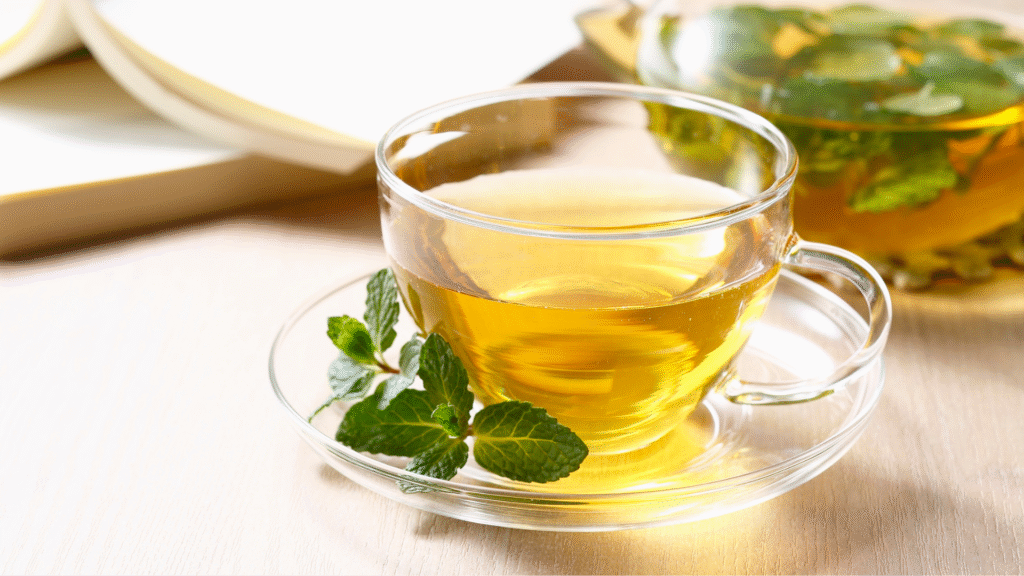
Green tea is a treasure of Japanese culture, especially matcha. It has calming effects, helpful in reducing the risk of cancer. It is rich in antioxidants. Slow sipping can reduce cortisol levels and promote mindfulness.
Forest Bathing (Shinrin-yoku)

Forest bathing is another Japanese practice. It means spending peaceful, quiet time in the forest, absorbing the calm energy of the forest. Studies showed it helps to reduce stress, high blood pressure, and moreover, it boosts the immune system.
The Art of Minimalism and Zen Living

The art of minimalism means simple homes, clean spaces, and an uncluttered lifestyle of Japanese design.
- Harmony with Nature and Seasons
Seasonal Eating
Japanese people value eating along with the seasons. Fresh watermelons in summer, strawberries in spring, mushrooms in autumn, and soups in winter. This seasonal diet gives natural meals and balanced nutrients.
Respect for Natural Rhythms
Natural rhythms such as eating meals at a regular time, waking early, and sleeping on time are daily routines. It gives strong immunity, helps in better digestion, and promotes a healthier sleep cycle.
- Case Studies of Longevity in Japan
Okinawan Centenarians
As compared to the global average Okinawians have five times more centenarians. Because they are active in socializing, walking, and gardening, even in their 80s and 90s, their small habits truly make a great difference in lifespan.
Japan’s Blue Zones Connection
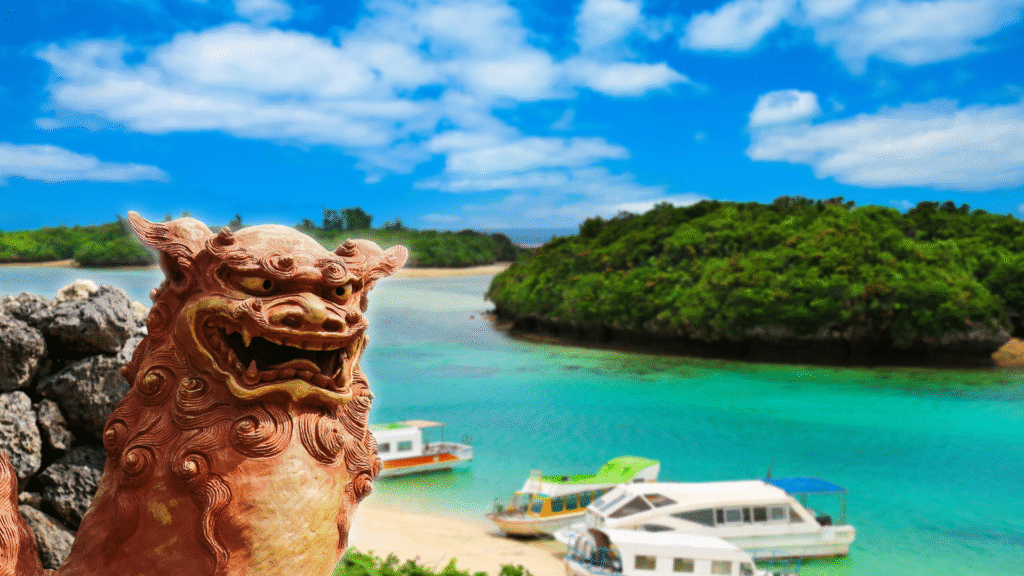
Okinawa is a blue zone in the world, and people here live the longest. It’s all about social connections, natural food, and daily living.https://www.weforum.org/
- Practical Habits You Can Start Today
You don’t have to move to Japan to obtain this lifestyle. Start with small steps:
Add more vegetables and fish to your meals.
Practice Hara Hachi Bu—stop eating when you feel 80% full.
Add green tea to your diet.
Prioritize daily walks instead of driving short distances.
Create a small friend circle for regular meetup.
Explore nature at least once a week.
Make a living space for mental peace.
Identify your Ikigai—a purpose to wake up for each day
Conclusion: A Lifestyle Worth Copying
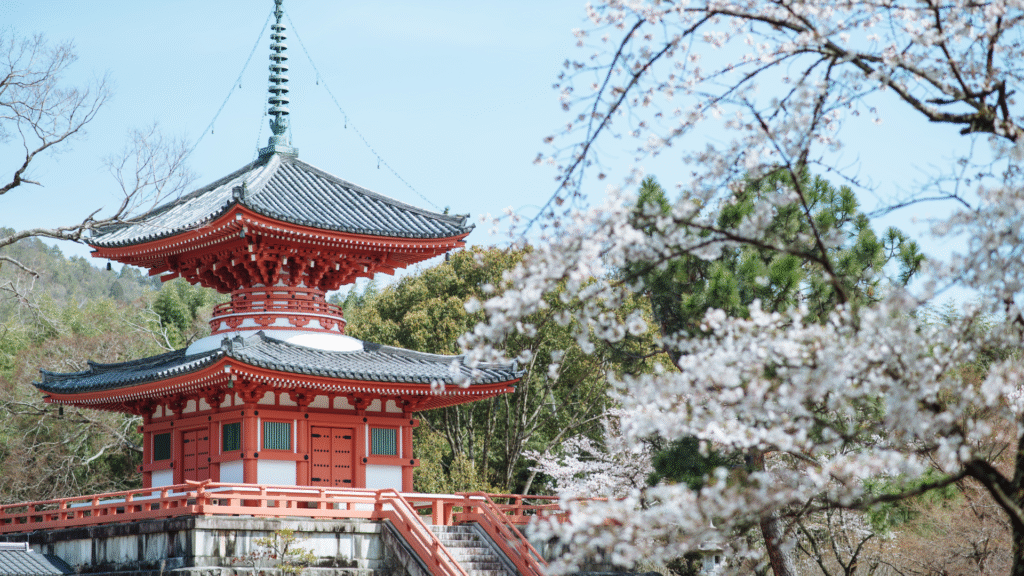
You cannot build a Japanese lifestyle quickly but on steady. Japanese lifestyle teaches us wellness is about balance, and it lies within your daily life habits.
If you want to live healthier, happier, and longer, try to add one or two of those practices in your life. With time, you will feel big changes.
